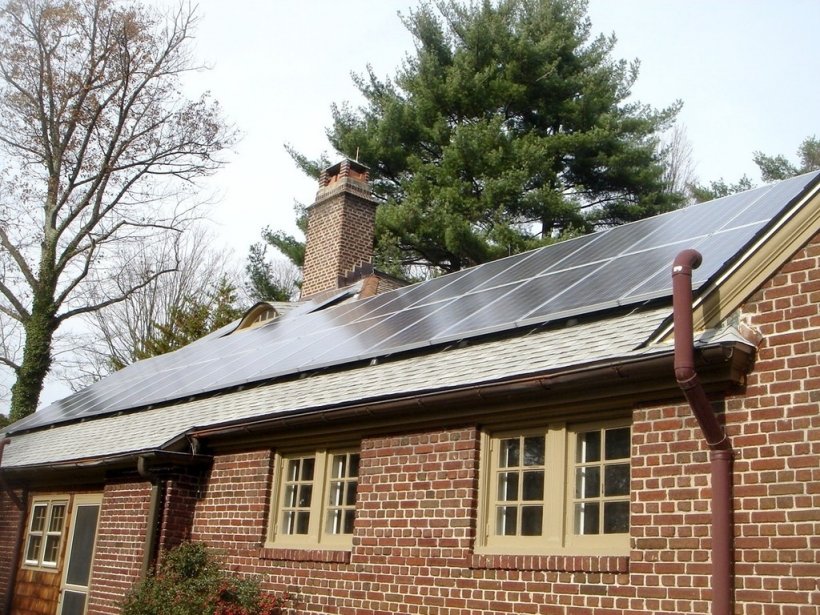The federal government offers free solar panels. It could be a scam for consumers.
Millions of Americans have decided to use solar energy to power their homes and enjoy the many benefits it offers, such as cost-savings on their electricity bills over the system’s life. Bad actors are using fraudulent business practices and spreading misinformation as more people turn to solar energy. Each solar company is responsible for being honest with customers. However, to avoid falling for scams, consumers must be aware of red flags when considering going solar.
Avoid Pushy Sales Techniques
It is essential to consider all aspects of going solar. For homeowners interested in solar energy, the U.S. Department of Energy Solar Energy Technologies Office provides a list of frequently asked questions. Be sure to do your research before you sign any contracts. Also, be cautious of offers that expire quickly. Scammers are known for urging people to rush. Ensure you understand your contract; don’t be afraid to ask questions.
If you are looking for price quotes on solar systems, use a trusted platform like EnergySage. It clearly explains how it will use your data. Online forms that ask for your name, address, or other personal information to “see whether you qualify” may not be associated with an official business. These forms could also serve as leads for other companies.
Talk to certified installers.
Ads for solar panels that don’t have branding or business affiliations should be flagged. Reputable companies stand behind their products and take responsibility for their actions.
Read reviews about solar installers to ensure you’re making the right choice. Talking to neighbors and friends who have been solar-savvy is another helpful step. Ask your friends and neighbors about their experiences, and ask them for recommendations on local installers.
Ensure your installer is certified and licensed by an accredited organization such as the North American Board of Certified Energy Practitioners. Compare the quotes of multiple contractors to assess your roof.
Learn More About Your Financing Options
You should carefully read the fine print of any offers that claim to offer free solar panels or other services. There are no programs by the federal government that allow Americans to install solar panels in their homes for free. Some legit programs will help you leap with a minimal upfront cost. Certain states offer subsidies for solar energy to income-qualified households. To verify the offer is genuine and learn more, visit the state office or check the.gov website.
A range of loans is available to lower your initial costs for your solar energy system. A 30% tax credit is also available for those buying solar energy systems. The tax credit reduces your income tax dollar for dollar. It is not a rebate or a government check. To learn more about eligibility and the Federal Tax Credit for Solar Photovoltaics, please read our Homeowner’s Guide to the Federal Tax Credit for Solar Photovoltaics.
Power purchase and solar lease agreements permit consumers to own solar energy systems owned by solar companies. They can also purchase the electricity produced. Many contracts allow consumers to pay lower monthly electricity bills and avoid loan payments. Sometimes, this means you don’t have to put any money down to go solar.
Shop Securely and Spread The Word
Now that you can recognize a scam, it is time to go solar. Tell your family and friends about how to avoid being scammed if you think of going solar.
To report fraud, contact the Federal Trade Commission. A state consumer protection officer can help, too, depending on where you live.
To protect consumers, licensing requirements are set by states. You can check the licensing boards in your state. The Solar Energy Industries Association (SEIA) has a set of consumer protection resources that businesses can use to learn about good conduct and federal and state laws and regulations.








